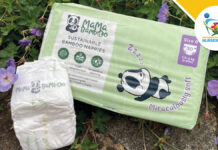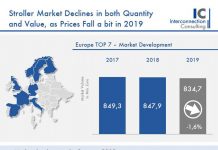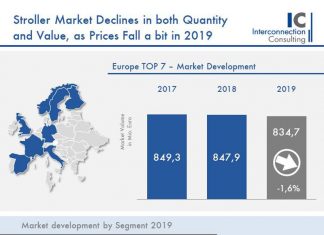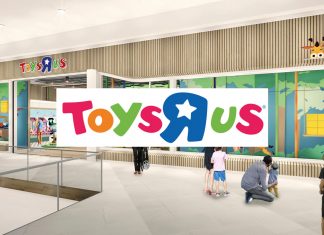The fashion industry is currently the world’s third most polluting industry, with 8.1% of the world’s greenhouse gas emissions coming from apparel and footwear according to recent research. Millions of tonnes of clothing waste are produced each year, and a study from Oslo Metropolitan University estimates that up to 35% of microplastics in the marine environment come from synthetic clothing.
The rise of eco-friendly fashion choices
As the harmful effects of fast fashion are becoming more and more apparent, consumer interest is beginning to shift towards a more sustainable approach. A 2019 lifestyle survey showed that 64% of respondents try to have a positive impact on the environment in their everyday actions and choices. This translates to the ethical clothing market, too, which has grown from a value of £4 million to over £50 million in the UK in the last 20 years according to market research.
To find out more about the growing impact of sustainable fashion, we contacted Victoria Shuttleworth, founder of Hugo & Me, a children’s clothing retailer focusing on organic and eco-friendly choices. Victoria thinks that a complete shift in the fashion industry won’t happen overnight; “I believe that any small changes we make will result in a positive impact on the environment, in particular opting for organic and sustainably sourced clothing.” Instead of pushing for an instant reform in the industry, Victoria believes we should focus on educating our children on the topic and pushing clothing manufactures to make gradual but significant changes over time. As part of this effort, we must take into consideration all aspects of our clothing, “ensuring the fabrics used are sustainably grown, using no harmful chemicals, under fair trade standards.”
Organic choices
As Victoria mentioned, sustainability is far from the only consideration in making eco-friendly clothing choices. It is also vital to understand the impact of the chemicals used for the growing of the fashion industry’s materials; cotton farming is currently responsible for 24% of the world insecticides and 11% of pesticides. This is where the importance of organic, pesticide-free clothing becomes important, vastly reducing the impact that clothing has on wildlife and local habitats where cotton is grown.
These clothing options are becoming more and more available, however the increased manufacturing cost, and therefore retail price, of these clothes is currently stopping them from reaching mainstream shoppers. People like Victoria, however, are hopeful the shift in consumer mindset towards more conscious purchases will start to change this: “Making responsible choices when purchasing clothing not only reduces the impact on the environment in their production but also results in organic and eco-friendly fabrics that are much kinder to skin, a win-win situation.”
Ethics and modern slavery
Besides its detrimental effects on the environment, clothing production is also often linked to dangerous working conditions and low pay; in some cases, modern slavery and child labour are used in the supply chain as part of our ever-increasing demand for cheaper fashion.
In an age of internet shopping and fast fashion, time pressures and cost restrictions are imposed upon all parts of the clothing supply chain, leading to unsafe production processes and workers receiving little to no pay.
It’s more important than ever to make informed and responsible choices in the clothes we buy and the way we think about fashion. Choosing brands which are fair trade or undergo thorough third-party inspection across all levels of the supply chain reduces the risk of supporting poor working conditions in the clothes you buy.
Internet shopping
Today, ordering clothes online is starting to rival in-store purchases, with 64% of women and 56% of men ordering clothes online in 2019 according to the UK’s Office for National Statistics. However, excess packaging and non-recyclable materials in the shipping process contribute hugely to waste and environmental damage.
Hugo & Me’s Victoria is leading by example, commenting that “As a company, we try our best to make responsible choices when it comes to sustainability, including always working to reduce our use of plastic and mailing all of our online orders out in 100% recyclable packing.” The hope is to raise consumer awareness and encourage other companies to follow suit; “It is important to highlight this important issue and encourage positive changes.” According to Victoria, setting the standard, increasing consumer awareness and building industry-wide pressure is what’s required to lead to the improvements needed in the postage and packaging process.
Educating our children
In moving towards a future with more conscious consumers and responsible practices in the industry, educating our children and leading by example is essential. Bringing children up in a household where sustainable clothing choices are purchased by parents and the ethical side of clothing is discussed is important in moving towards a future where eco-friendly clothing is the norm. As the purchasing power of younger generations grows, and therefore their impact on the economy and the fashion industry increases, children must be shown the importance of making conscientious decisions in regards to the clothes they buy and wear.




















